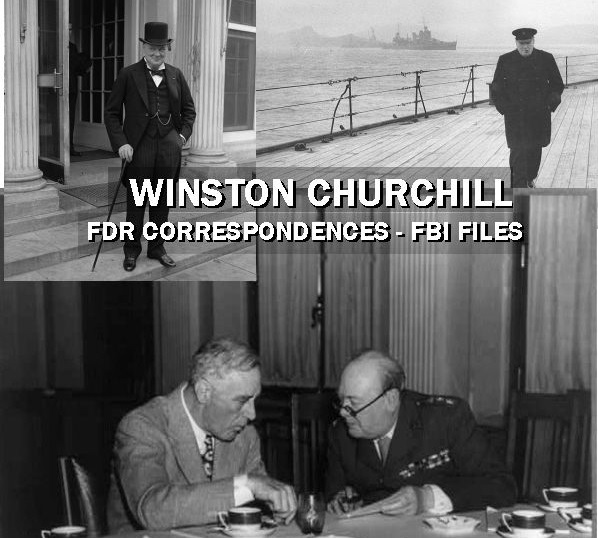
Winston Churchill – FBI Files & President Roosevelt Correspondences
$19.50
Description
Churchill and Roosevelt: Wartime Correspondence
Timeline of Main Events:
- September 3, 1939: Britain declares war against Germany.
- September 3, 1939: Winston Churchill is appointed First Lord of the Admiralty, a position he also held at the beginning of World War I.
- September 11, 1939: The first recorded correspondence in this collection between Franklin D. Roosevelt and Winston Churchill occurs. Churchill, as First Lord of the Admiralty (referring to himself as “Naval Person”), informs Roosevelt of naval activity against Germany in the early days of the war. Roosevelt assures Churchill of his willingness to receive private communications.
- 1940s and 1950s: The FBI investigates several threats against Winston Churchill, who is by this time the former Prime Minister of Great Britain.
- April 11, 1945: In his last message to Churchill, President Roosevelt approves a proposed message from Churchill to the German government regarding the provision of relief from starvation in German-occupied areas of Holland. Churchill also comments on his thoughts about the Provisional Polish Government.
- April 12, 1945: President Franklin Delano Roosevelt dies. White House documentation is unclear if he ever read Churchill’s final message.
- April 1945: The documented correspondence between FDR and Winston Churchill comes to an end with Roosevelt’s death.
Cast of Characters:
- Winston Churchill: A prominent British statesman. In September 1939, at the outbreak of World War II, he was appointed First Lord of the Admiralty. He later became Prime Minister of Great Britain during the war. After the war, he remained a significant political figure. The FBI investigated threats against him in the 1940s and 1950s when he was the former Prime Minister. He maintained a close personal correspondence with President Roosevelt throughout much of World War II, often addressing him as “Former Naval Person” and referring to himself as “Naval Person” early in the correspondence due to their shared history with naval affairs.
- Franklin Delano Roosevelt (FDR): The President of the United States during World War II. He engaged in extensive private correspondence with Winston Churchill from the beginning of the war in Europe in September 1939 until his death in April 1945. Before becoming President, he served as Assistant Secretary of the Navy during World War I, a fact Churchill alluded to in their communications. Their correspondence covered a wide range of topics related to the war effort.
Winston Churchill – FBI Files & President Roosevelt Correspondences
FBI FILES
220 pages of files copied from FBI Headquarters in Washington, D.C., covering Winston Churchill. Files contain approximately 75 readable pages, chiefly covering 1940s and 1950s FBI investigations into several threats against the then former Prime Minister of Great Britain. Files also contain miscellaneous references to Prime Minister Churchill.
FDR – CHURCHILL CORRESPONDENCES
5,887 pages of correspondences between FDR and Winston Churchill. The messages date from September 1939 to April 1945. Documents of correspondence between Franklin Delano Roosevelt and Winston Churchill from the outbreak of World War II in Europe through the United States’ entry and involvement in the war, correspondences end with Roosevelt’s death in April 1945. Messages include White House note cards on the handling, dissimilation, and responses to Churchill’s messages.
The first message is dated September 11, 1939, when Churchill was First Lord of the Admiralty. Britain declared war against Germany on September 3, 1939. That day Churchill was named First Lord of the Admiralty, the position he held during the beginning of World War I. FDR lets Churchill know that he would be happy to hear anything he would want to tell him and that their communications could be private. In his last message to Churchill dated April 11, 1945, FDR gives his approval of a Churchill proposed message to the German government that they should provide relief from starvation to people in German occupied areas of Holland. The next day Franklin Roosevelt died.
Churchill often addressed Roosevelt as “Former Naval Person.” FDR previously was Assistant Secretary of the Navy during World War I. Churchill in his first message to FDR in this collection, referring to
himself as “Naval Person,” tells of naval activity against Germany during the first days of war between Britain and Germany. In his last message to FDR, Churchill comments on his thoughts about the Provisional Polish Government. White House documentation does not indicate if FDR, who died the next day, ever read the message.








Related products
-
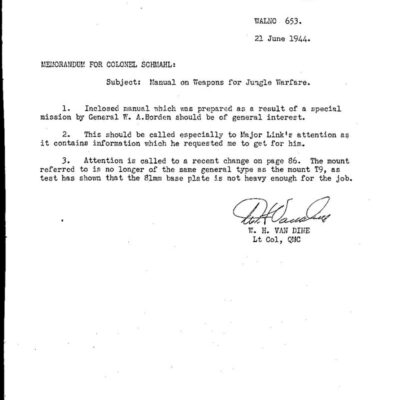
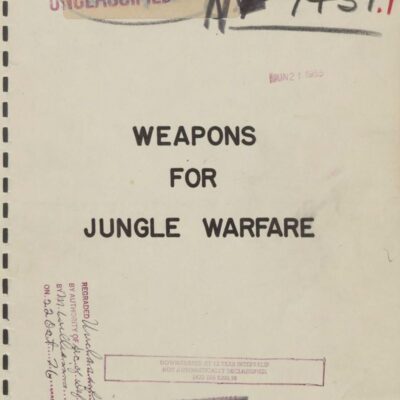
World War II Manual on Weapons for Jungle Warfare (1944)
$1.99 Add to Cart -
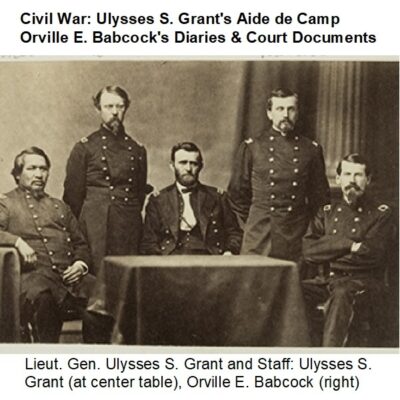
Civil War Ulysses S. Grant’s Aide de Camp Orville E. Babcock’s Diaries & Court Documents
$3.94 Add to Cart -
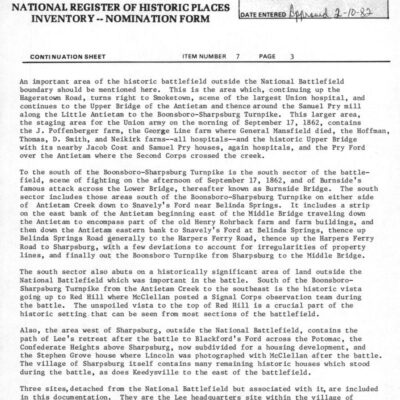
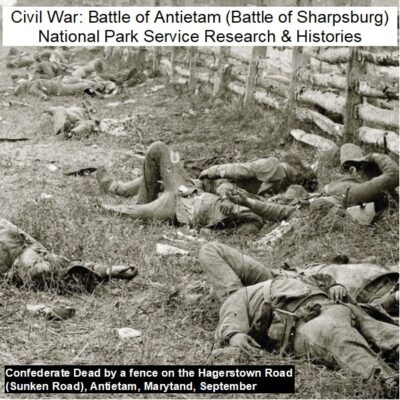
Civil War: Battle of Antietam (Sharpsburg) – National Park Service Archives
$9.99 Add to Cart -
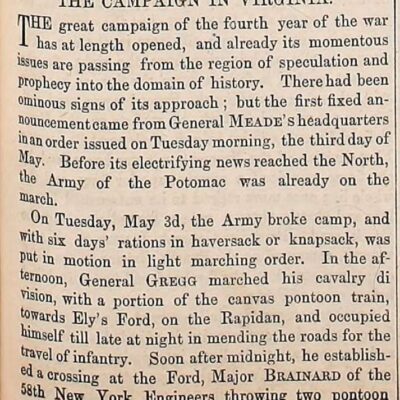
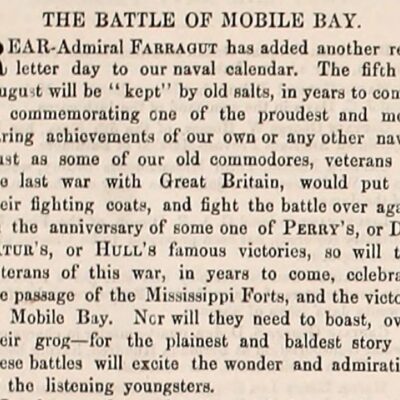
Civil War: Army Navy Journal & Gazette Volume 1 (1863 – 1864)
$19.50 Add to Cart